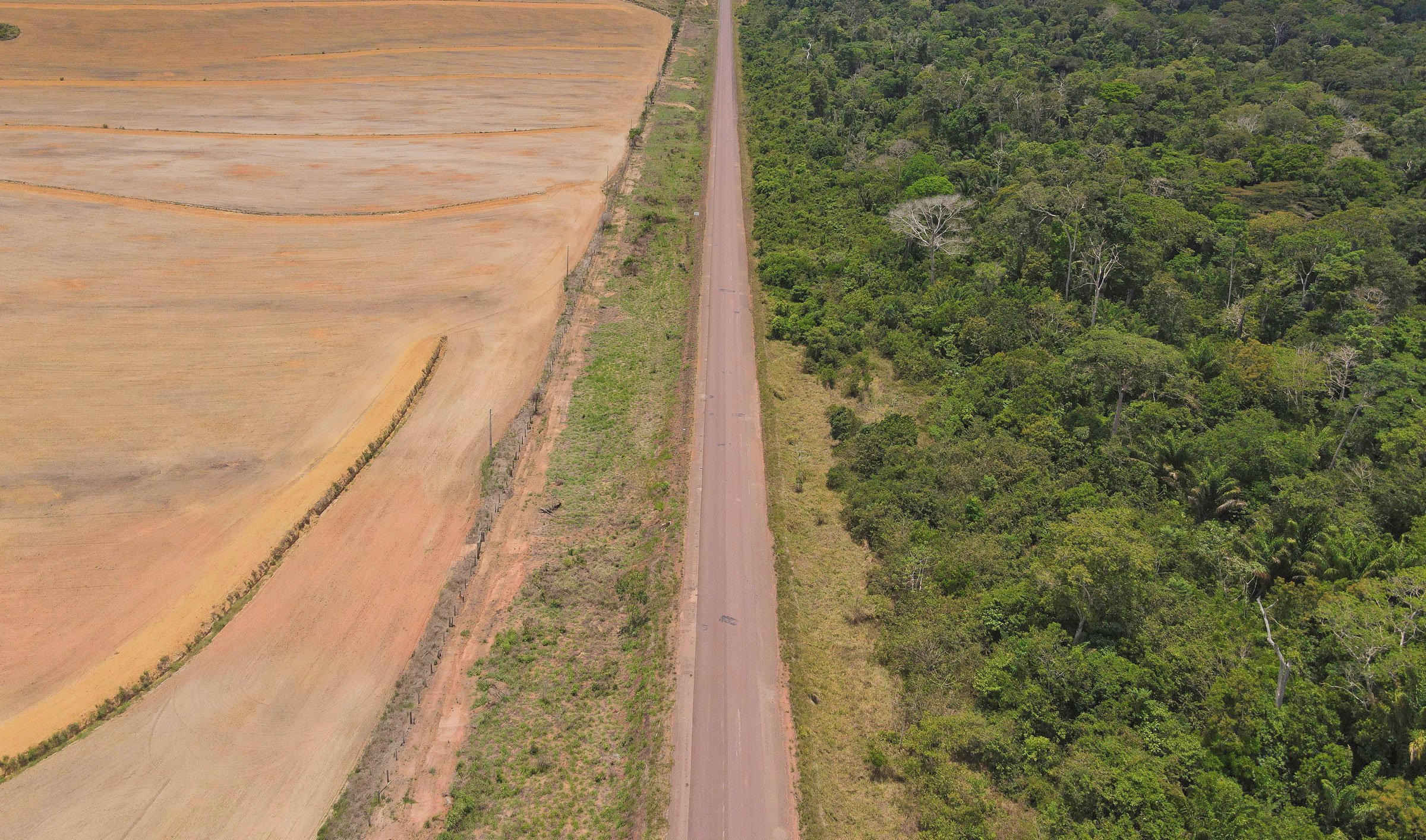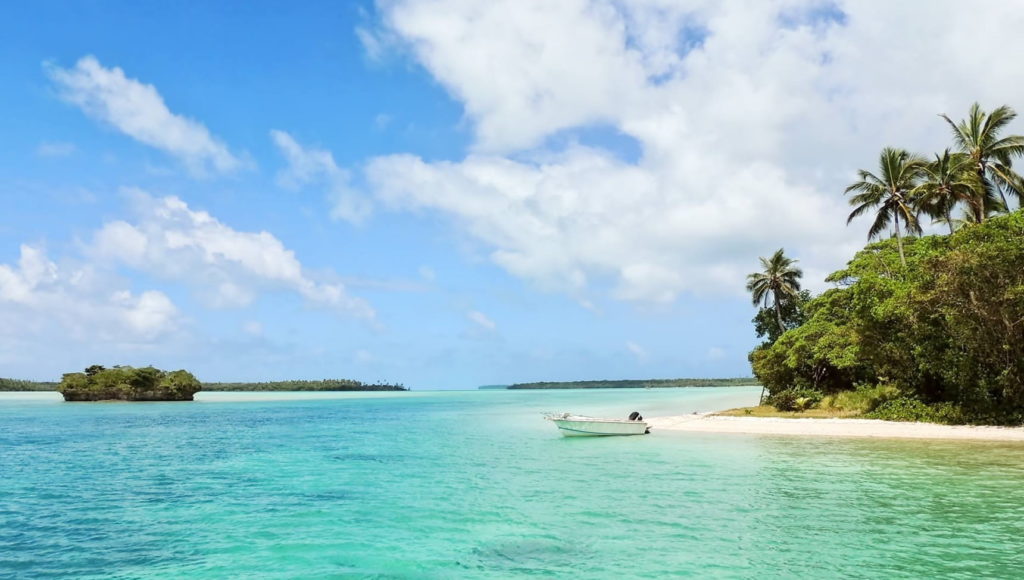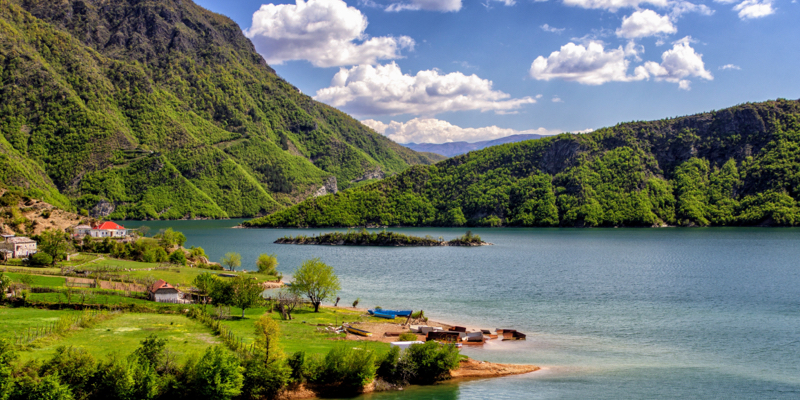- Sector : Agriculture

Overview
The Subnational Climate Fund (SCF) is providing technical assistance to a silviculture project in Brazil. This project focuses on reforesting 5,000 hectares of degraded land by planting 50% of the area with polyculture forests for timber production while conserving the remaining 50% as protected land. The initiative is expected to contribute to climate change mitigation, land restoration, biodiversity preservation, and economic development in Pará, Brazil.
As the most influential country in South America, Brazil has committed to recovering 12 million ha of degraded pasture lands and restoring 12 million ha of native vegetation by 2030 under its Nationally Determined Contribution (NDC). The Native Vegetation Protection Law (2012) also provides the regulatory framework for restoration, combining legal requirements with economic incentives for mandatory and voluntary reforestation initiatives.
The Challenge
Brazil faces over 100 million hectares of degraded land, much of it in the Amazon region. Pará, located east of the Amazon, is heavily impacted by past cattle ranching and faces increasing threats from intensive soy production. Despite the demand for high-quality timber and sustainable alternatives, scalable and ecologically responsible silviculture projects are lacking in the region.
This degradation also affects local communities, with low employment levels, limited education, and poor living standards. Meanwhile, the construction industry relies on carbon-intensive materials, exacerbating climate challenges.
This project provides an alternative by reforesting degraded land with polyculture forests that produce sustainable timber products. It will substitute less sustainable timber and high-carbon construction materials, sequester carbon in the soil, and create jobs. It also plans to offer silviculture education, focusing on empowering women to plant native tree species on their own land.
SCF’s Involvement- Technical Assistance
To further support the development of this project, SCF’s Technical Assistance Facility
has approved a grant for a Pre-feasibility Study to evaluate the market potential and financial impact of establishing a plywood manufacturing facility. The study includes:
- Analyzing current global and regional plywood markets, focusing on demand and pricing in the US, EU/UK, Japan, and South Africa.
- Evaluating the CAPEX and OPEX of the facility, including machinery, personnel, site, communications and professional costs, as well as potential revenue This should also include an assessment of existing plywood manufacturers in the State of Para and Brazil as alternatives to building a new facility, considering logistics from forest to factory and factory to the port.
- Integrating the results of additional revenue and additional costs from the two points above and evaluating the effect on the financial model.
Our Target Impact
The goal of this project is to reduce GHG emissions, create decent jobs, and empower women.
-

SDG 13 Climate Action
The sites exist on land that was historically deforested for agricultural use. The project will reforest degraded land, sequestering carbon in site soils by planting trees, and preserving carbon sequestered in existing forests.
Although initial estimates are being assessed, the model assumes approximately 3-4 tonnes of CO2 sequestered per ha/year. Based on the initial 5000 ha site area, this would be approximately 220,000 to 300,000 tonnes of CO2 over a 15-year period.
Sustainable timber production will replace more carbon-intensive building materials, and the project is expected to regenerate soil, prevent erosion, and improve climate resilience.
-

SDG 8 Decent Work and Economic Growth
Brazil has the largest labor market in Latin America, with an informal employment rate of 38.5%. Many people therefore do not have income security. The project aims to create an initial 8 full-time jobs and 80 seasonal jobs per 1,000 hectares.
-

SDG 5 Gender Equality
Brazil scored 0.73 in the gap index in 2022, and this represents that women were 27% less likely to have equal economic participation and opportunities than men.
The project adheres to SCF’s Gender Policy, offering formal employment opportunities for women, including management roles. Additional measures, such as childcare assistance and collaboration with female smallholders, are under consideration.


